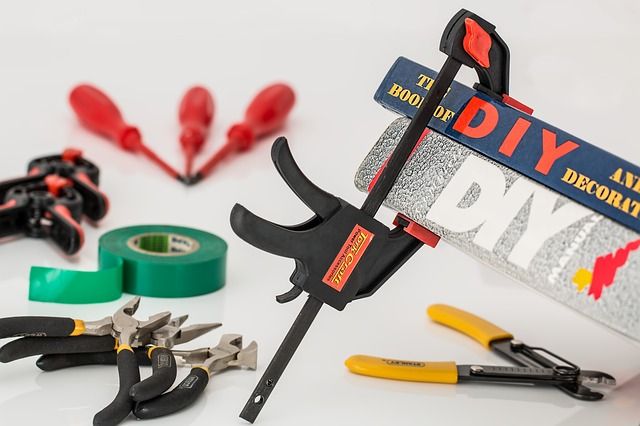
All of a sudden you’re finding that your credit card balances are totally beyond your ability to pay? Time to take control. Debt is a big factor when you need a credit score that will allow you to buy a home, a car or other big-ticket item, so stop debt in its tracks.
Analyzing Your Current Spending
You begin the battle against debt by assessing your spending. Are you buying what you need or letting wants win the game? Before buying an item, be prepared to defend it as a genuine need. The latest eye shadow kit or a trip to the spa probably can’t pass the test. You may argue that you work hard and deserve the occasional spree, but you have to count the sacrifice if you give in to that philosophy too often.
Make a budget and live by it.
A personal finance app can be a big help. But start with a good, honest pencil-and-paper look at your income and outgo. Don’t fudge because that will inevitably gum up the works as you try to make the math work. Start with the items that are essential, such as rent, utilities, insurance, food, clothing (within reason) etc. What is left is your discretionary money. Wisely used, it can help you achieve some of your goals. Start a regular savings for emergencies and then carefully plan what you will do with the rest. Circumstances change, so visit your budget frequently and make adjustments as necessary, keeping the needs vs. wants factor clearly in mind. Invest when you are able to do so. The future comes fast.
Put your credit cards away.
A credit card or two can expedite shopping, as long as it is controlled. If you can’t keep on in your wallet without facing serious temptation, don’t do it. Take you card only when you have in mind an item that is duly budgeted for and resist the urge to go beyond that. If you are one of the many Americans who have no idea what their credit card debt is, go to Credit.com and look at the balances. Limiting the number of cards you have helps reduce the likelihood of overusing your credit. Credit card companies offer all kinds of incentives to keep you in their ranks, but don’t let the perks overwhelm your practicality.
Stop today making excuses for your personal finances.
If you think you don’t have time to make a budget, you could be forced into spending more time trying to find a way out of debt. Get honest with yourself. If you need professional help getting a handle on your finances, it is available. Whatever steps you need to get yourself on an even keel, take them.



